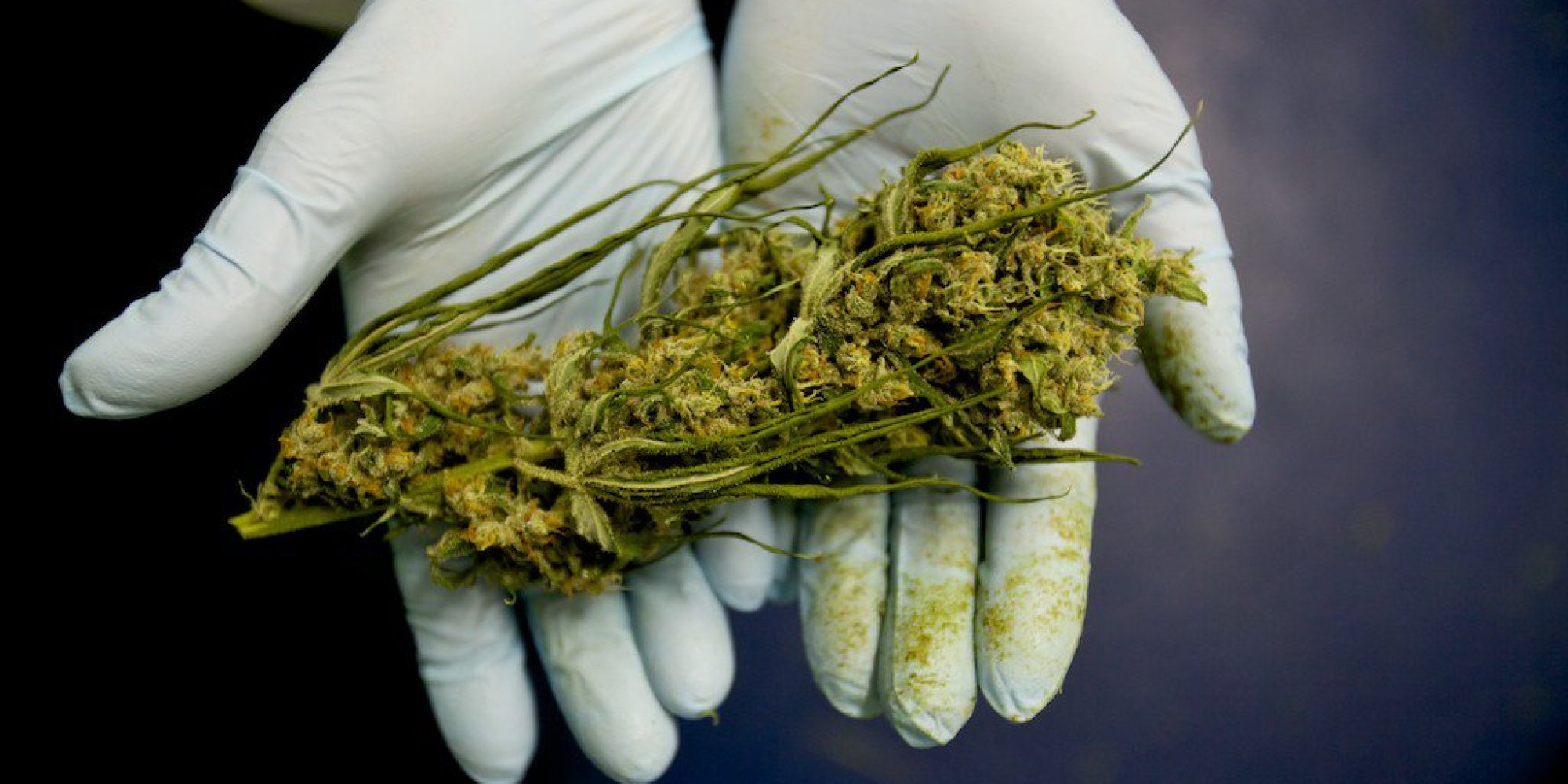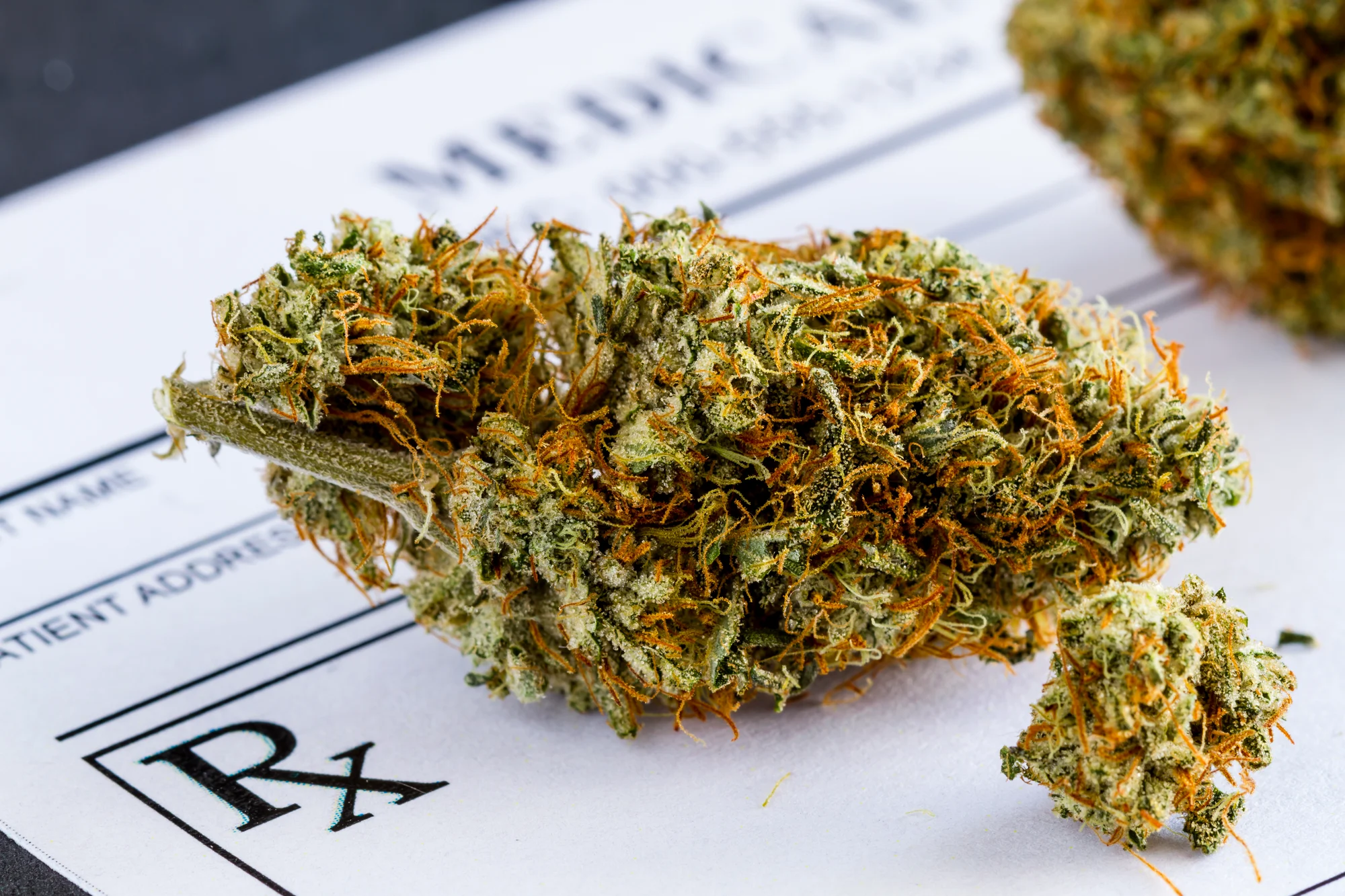News
A Green Approach: Cannabis for Weight Loss Journey
In the realm of alternative wellness, cannabis has emerged as a multifaceted remedy, offering a spectrum of benefits beyond its recreational use. Among its many purported advantages, one particularly intriguing area of exploration is its potential role in weight loss. While commonly associated with inducing the notorious “munchies,” recent studies and anecdotal evidence suggest that cannabis may possess properties conducive to weight management. Let’s delve deeper into the science behind Cannabis for weight loss, exploring its mechanisms, potential benefits, and considerations for safe and effective use.
Understanding the Endocannabinoid System: The Key to Cannabis’s Influence on Weight

At the heart of Cannabis for weight loss lies the endocannabinoid system (ECS), a complex network of receptors and neurotransmitters spread throughout the body. This intricate system plays a pivotal role in regulating various physiological processes, including appetite, metabolism, and energy balance. Cannabinoids, the active compounds in cannabis, interact with the ECS, modulating its functions and potentially influencing weight-related mechanisms.
The ECS comprises two primary receptors, CB1 and CB2. CB1 receptors are predominantly found in the central nervous system and peripheral tissues, while CB2 receptors are primarily located in immune cells. Activation of CB1 receptors, particularly by THC, has been linked to increased appetite and food intake, leading to the phenomenon of “munchies.” Conversely, activation of CB2 receptors, along with other mechanisms, may contribute to metabolic effects that could aid in weight management.
Appetite Control: Navigating the “Munchies” Phenomenon
Contrary to popular belief, the relationship between Cannabis for weight loss and appetite is far from straightforward. While certain strains may indeed stimulate hunger, others have shown the capacity to suppress it. Researchers attribute this duality to the different cannabinoids present in cannabis, with THC (tetrahydrocannabinol) primarily responsible for inducing appetite and CBD (cannabidiol) potentially mitigating its effects. Understanding the interplay between these compounds is crucial in harnessing cannabis’s appetite-regulating properties for weight management.
The modulation of appetite by cannabis is influenced by various factors, including the specific cannabinoid profile, dose, and individual differences in sensitivity. For example, strains high in THC are more likely to stimulate appetite, whereas those with higher levels of CBD may have the opposite effect. Additionally, the timing of cannabis consumption relative to meals can impact its effects on appetite, with some users reporting decreased hunger when consuming cannabis prior to eating.
Metabolic Modulation: Unraveling Cannabis’s Impact on Fat Cells
Beyond its influence on appetite, Cannabis for weight loss may exert direct effects on metabolic processes, offering a promising avenue for weight loss intervention. Preclinical studies have suggested that cannabinoids like CBD possess anti-obesity properties, capable of reducing fat accumulation, promoting fat breakdown, and enhancing energy expenditure.
One mechanism by which cannabis may impact metabolism is through the browning of adipose tissue. White adipose tissue, commonly known as white fat, stores excess energy in the form of triglycerides and is associated with obesity and metabolic dysfunction. In contrast, brown adipose tissue, or brown fat, specializes in dissipating energy as heat through a process known as thermogenesis. Studies have shown that cannabinoids like CBD can induce browning of white adipose tissue, potentially increasing energy expenditure and facilitating weight loss.
Stress Reduction and Emotional Eating: Cannabis as a Calming Agent

Emotional factors often play a significant role in weight management, with stress being a common trigger for overeating and weight gain. Cannabis for weight loss, particularly CBD-dominant strains, has garnered attention for its anxiolytic properties, offering relief from stress and anxiety without the psychoactive effects of THC. By alleviating emotional distress, cannabis may help individuals curb impulsive eating habits and make healthier dietary choices, contributing to long-term weight loss success.
Chronic stress can dysregulate the endocannabinoid system, leading to alterations in appetite, metabolism, and fat storage. CBD has been shown to modulate the stress response by interacting with serotonin receptors and enhancing the activity of endocannabinoids like anandamide, which play a role in mood regulation. By promoting relaxation and reducing anxiety, CBD may help mitigate stress-induced overeating and emotional eating behaviors.
Exercise Enhancement: Leveraging Cannabis for Performance and Recovery
Physical activity is a cornerstone of any weight loss regimen, and emerging evidence suggests that Cannabis for weight loss could complement exercise efforts by enhancing performance and aiding in post-workout recovery. Certain cannabinoids, such as THC, have been shown to reduce exercise-induced inflammation and muscle soreness, potentially facilitating faster recovery and promoting adherence to fitness routines. Moreover, cannabis’s reported ability to heighten sensory perception and improve focus may enhance the overall exercise experience, motivating individuals to engage in regular physical activity.
THC, the primary psychoactive compound in cannabis, can influence exercise performance through its effects on pain perception, motivation, and endurance. By reducing pain sensitivity and enhancing mood, THC may enable individuals to push through workout barriers and achieve higher levels of exertion. Additionally, THC-induced euphoria, commonly referred to as the “runner’s high,” can contribute to a positive exercise experience and reinforce the association between cannabis use and physical activity.
Dosage and Delivery Methods: Optimizing Cannabis Use for Weight Loss

As with any therapeutic intervention, the efficacy of Cannabis for weight loss hinges on appropriate dosage and delivery methods. While smoking remains a popular consumption route, alternative options like tinctures, edibles, and topical preparations offer precise dosing and diverse delivery mechanisms. Finding the right balance of cannabinoids and experimenting with different consumption methods is key to maximizing the benefits of Cannabis for weight loss while minimizing potential adverse effects.
The optimal dosage of cannabis for weight loss varies depending on individual factors such as body weight, tolerance, and desired effects. Beginners are advised to start with low doses and gradually increase until the desired effects are achieved, while experienced users may require higher doses to achieve the same outcomes. It’s also essential to consider the cannabinoid profile of the product, as well as the presence of other compounds like terpenes, which can modulate the effects of cannabinoids.
Green Solutions: Integrating Cannabis into Your Weight Loss Journey
In conclusion, the landscape of weight loss interventions is continuously evolving, with Cannabis for weight loss emerging as a promising contender in the quest for healthier living. Through its interactions with the endocannabinoid system, cannabis exhibits multifaceted effects on appetite, metabolism, stress, and exercise, offering a holistic approach to weight management. However, it’s essential to approach Cannabis for weight loss use with caution, mindful of individual differences in response and potential risks associated with excessive consumption. As research in this field progresses, further insights into Cannabis weight loss‘s role in weight management are sure to emerge, paving the way for novel therapeutic strategies in the fight against obesity and related health conditions.


